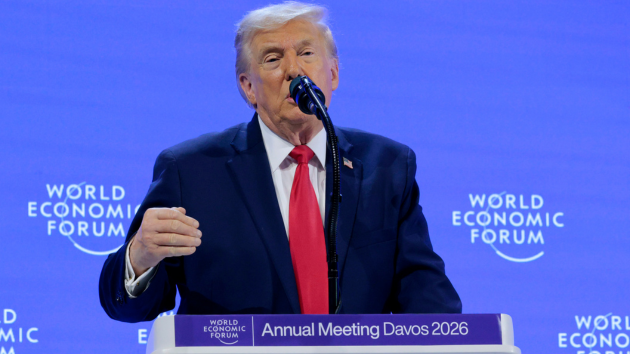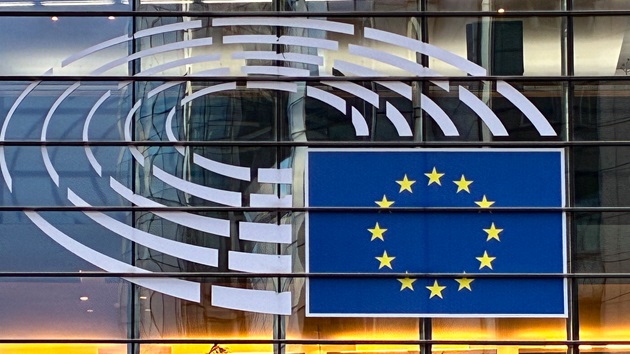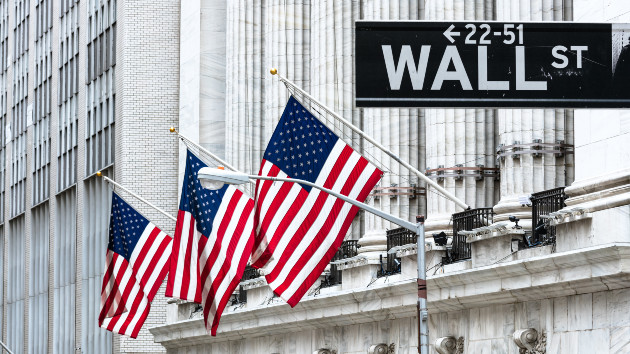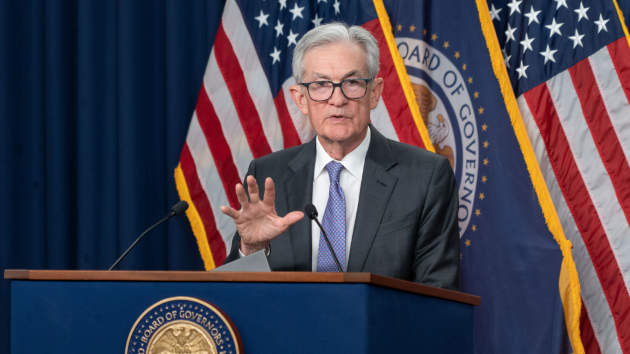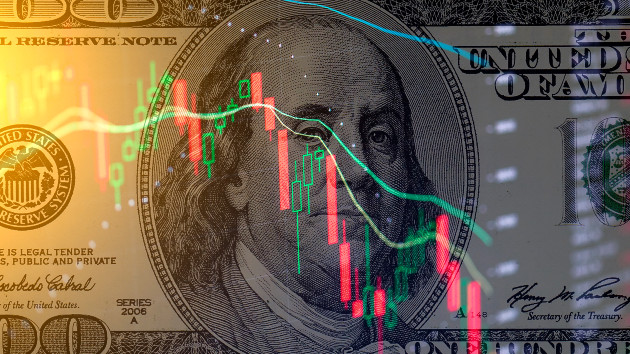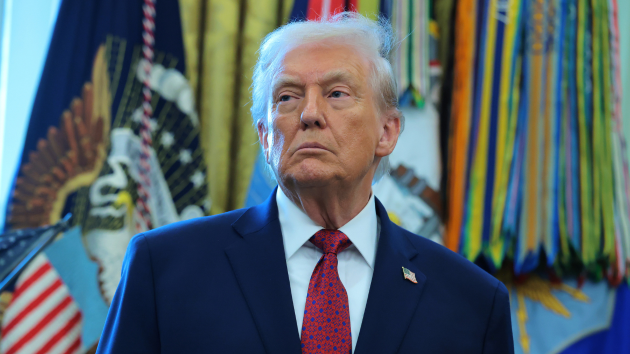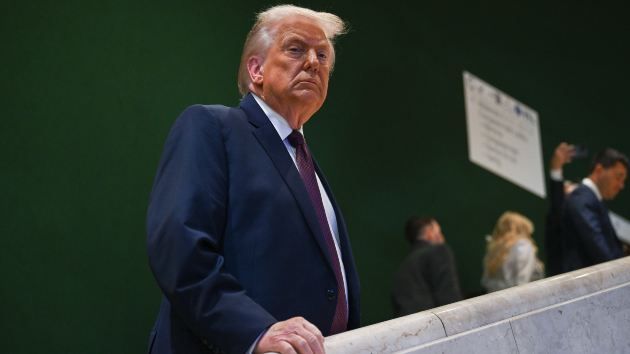
(NEW YORK) — Mortgage rates whipsawed in recent weeks as markets reacted to a flurry of policies from the Trump administration.
It began with a major milestone. Mortgage rates earlier this month fell below 6% for the first time in nearly three years, according to a data released by Mortgage News Daily.
“The progress stems directly from President Trump’s aggressive agenda to restore the American Dream of homeownership,” the White House touted in a statement on Jan. 12. The Trump administration cited its announcement days earlier, calling on government-sponsored mortgage lenders to purchase $200 billion in mortgage-backed securities.
Within little more than a week, however, mortgage rates had climbed to 6.21%, responding to rattled bond markets and erasing the previous reduction. The uptick came as Trump issued a tariff threat to European allies over his demands to acquire Greenland at the time. When Trump backed off of that levy soon afterward, mortgage rates fell but remained above previous lows, Mortgage News Daily data showed.
The volatility in mortgage rates underscored the risks posed by recent trade tensions, which threaten to push up Treasury yields and, in turn, drive mortgage rates higher, some analysts told ABC News.
Still, they added, mortgage rates will likely face downward pressure this year from anticipated interest-rate cuts at the Federal Reserve, and Trump may take further steps of his own to reduce borrowing costs.
“President Trump is certainly not sitting back and doing nothing,” Susan Wachter, a professor of real estate at University of Pennsylvania’s Wharton School of Business, told ABC News.
“Some of it is big things on the international front, which are potentially destabilizing. And there’s an attempt to do anything and everything for the affordability of housing,” Wachter added.
To be sure, average 30-year mortgage rates have dropped from 7.08% to 6.17% since Trump took office, according to Mortgage News Daily. That drop-off owes in part to a post-pandemic cooldown of inflation, which allowed the Federal Reserve to begin lowering interst rates.
In a social media post earlier this month, Trump said lower mortgage rates would “make the cost of owning a home more affordable. It is one of my many steps in restoring Affordability.”
Mortgage rates closely track the yield on a 10-year Treasury bond. Since bonds pay a given investor a fixed amount each year, the specter of inflation risks higher prices that would eat away at those annual payouts. In turn, bonds often become less attractive in response to economic turmoil. When demand falls, bond yields rise.
U.S. Treasury yields jumped last week in the aftermath of Trump’s tariff threat over Greenland, which appeared to presage a possible trade war with several European allies.
The 10-year Treasury yield climbed as high as 4.3% in the aftermath of Trump’s threat, before dropping steadily down to 4.21% as Trump withdrew the levy and backed negotiations over Greenland, MarketWatch data showed.
As tensions rose in response to Trump’s tariff threat, some major U.S. bondholders in Europe appeared poised to sell. A Danish pension fund, AkademikerPension, said last Tuesday it would unload U.S. treasuries by the end of the month. It remains unclear whether other European bondholders will follow suit, especially after Trump’s reversal on tariffs.
If a substantial share of U.S. bondholders were to sell off their assets, it would slash demand and push up bond yields, some analysts said.
Since 30-year mortgage rates and other key interest rates track the yield on 10-year treasury bonds, a selloff of treasuries could bring about higher monthly payments for home loans, Raymond Robertson, a professor of trade, economics and public policy at Texas A&M University, told ABC News.
“It’s a pretty big concern,” Robertson said.
Marc Norman, associate dean at the New York University School of Professional Studies and Schack Institute of Real Estate, said bondholders are evaluating the reliability of U.S. government debt.
“Basically, it’s a bet on the U.S. government,” Norman told ABC News. “If that becomes unstable and people lose trust, it could have a big effect.”
Despite the uptick in mortgage rates in recent weeks, borrowing costs for homebuyers remain markedly lower than where they stood a year ago.
Analysts attributed the drop to a series of interest rate cuts at the Fed, as well as Trump’s order calling on Fannie Mae and Freddie Mac to buy hundreds of billions of dollars in mortgage-backed securities. After the order, Bill Pulte, the head of the Federal Housing Finance Agency, instructed Fannie Mae and Freddie Mac to up their bond investments in an effort to put downward pressure on mortgage rates, the Associated Press reported last week.
By ordering a federal agency to buy up some mortgage-backed securities, the Trump administration helped increased demand for the underlying loans, which pushed bond yields lower, Wachter said.
“This mortgage bond proposal is not a big move but it makes a difference,” Wachter added. Wachter said she expects mortgage rates to fall further over the course of this year, though she acknowledged ongoing risk: “Investors don’t like uncertainty.”
Still, Wachter said, “If you’re looking to buy a home, today is as good a day as any.”
If homebuyers move forward with a purchase but later find that mortgage rates have continued to fall, they can opt to refinance their homes. “The old saying is, ‘You marry the home and you date the mortgage,'” Wachter said.
Copyright © 2026, ABC Audio. All rights reserved.


